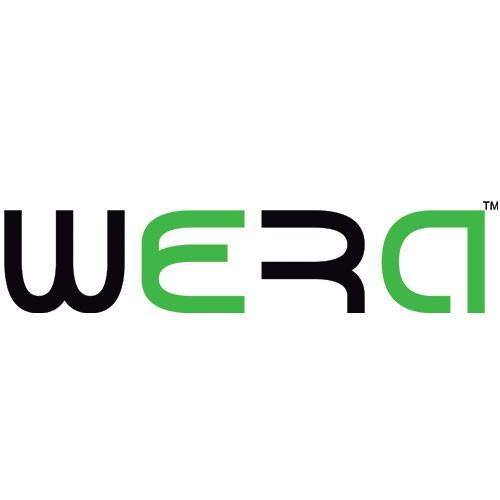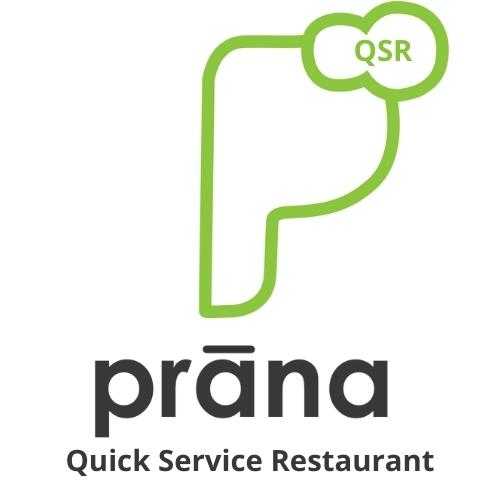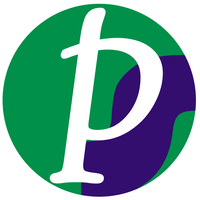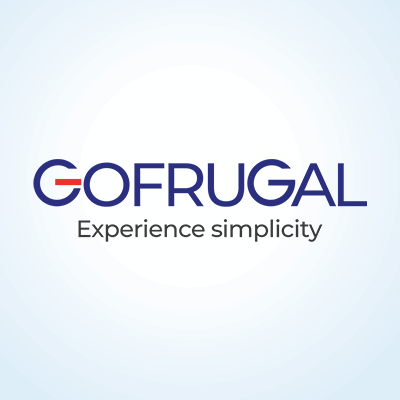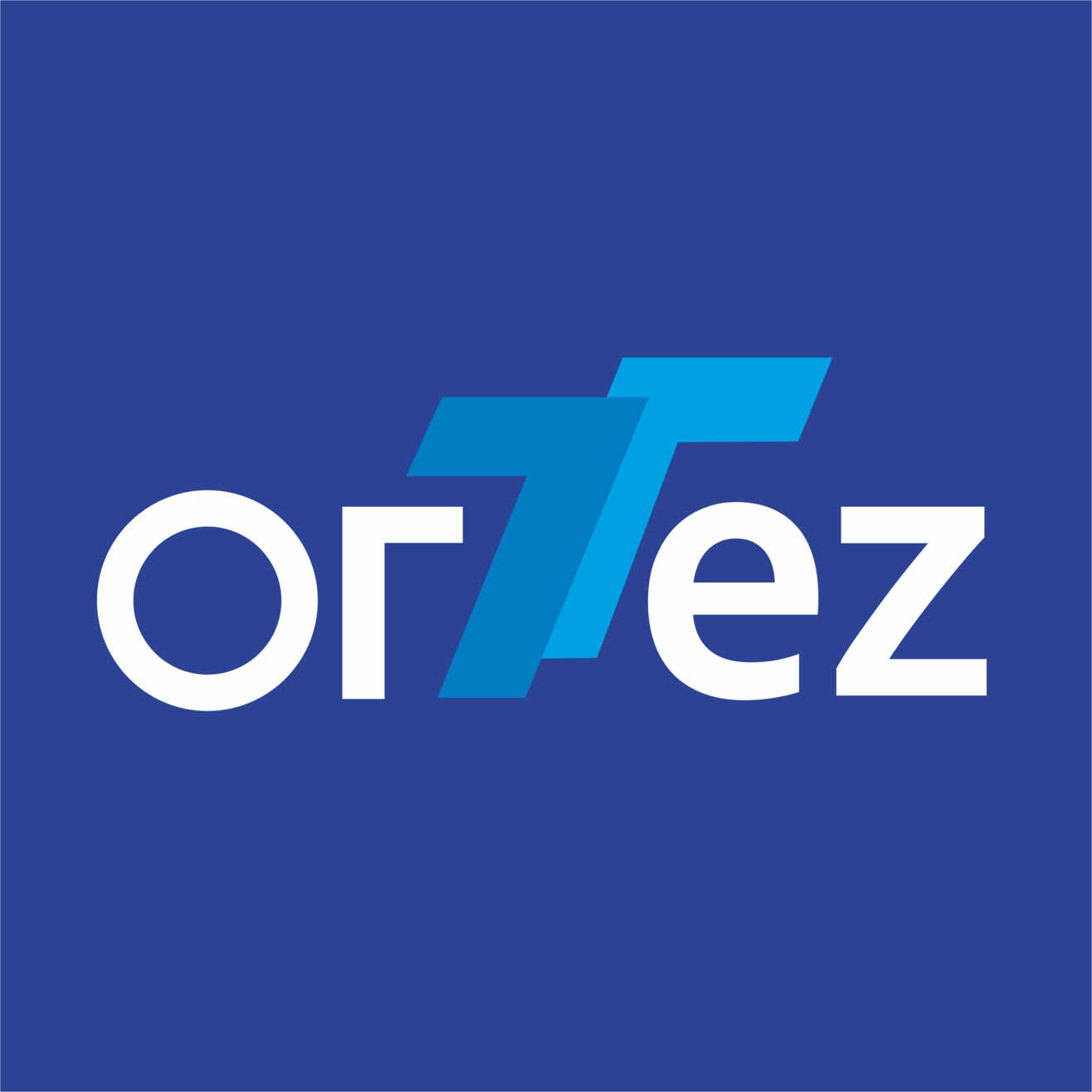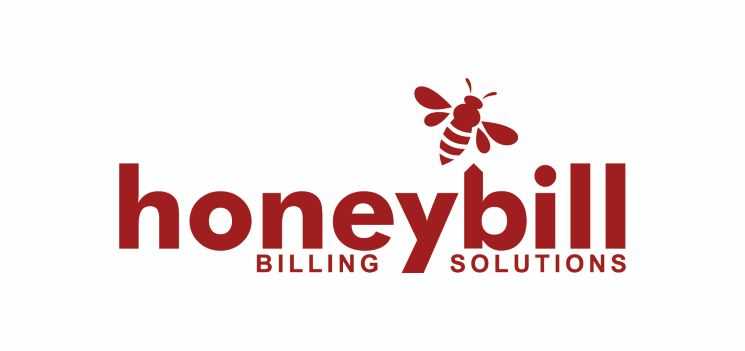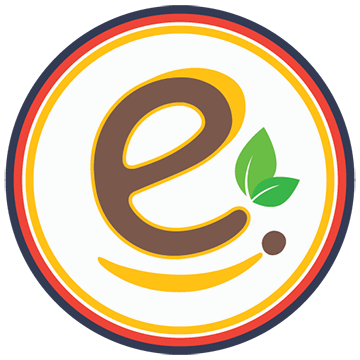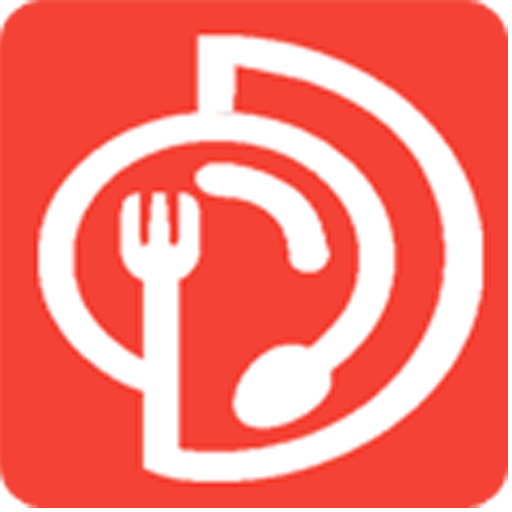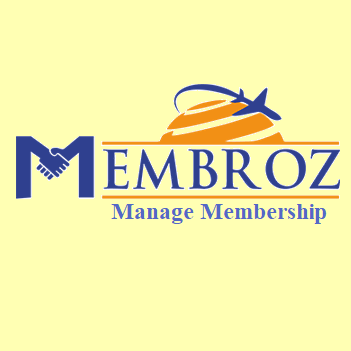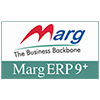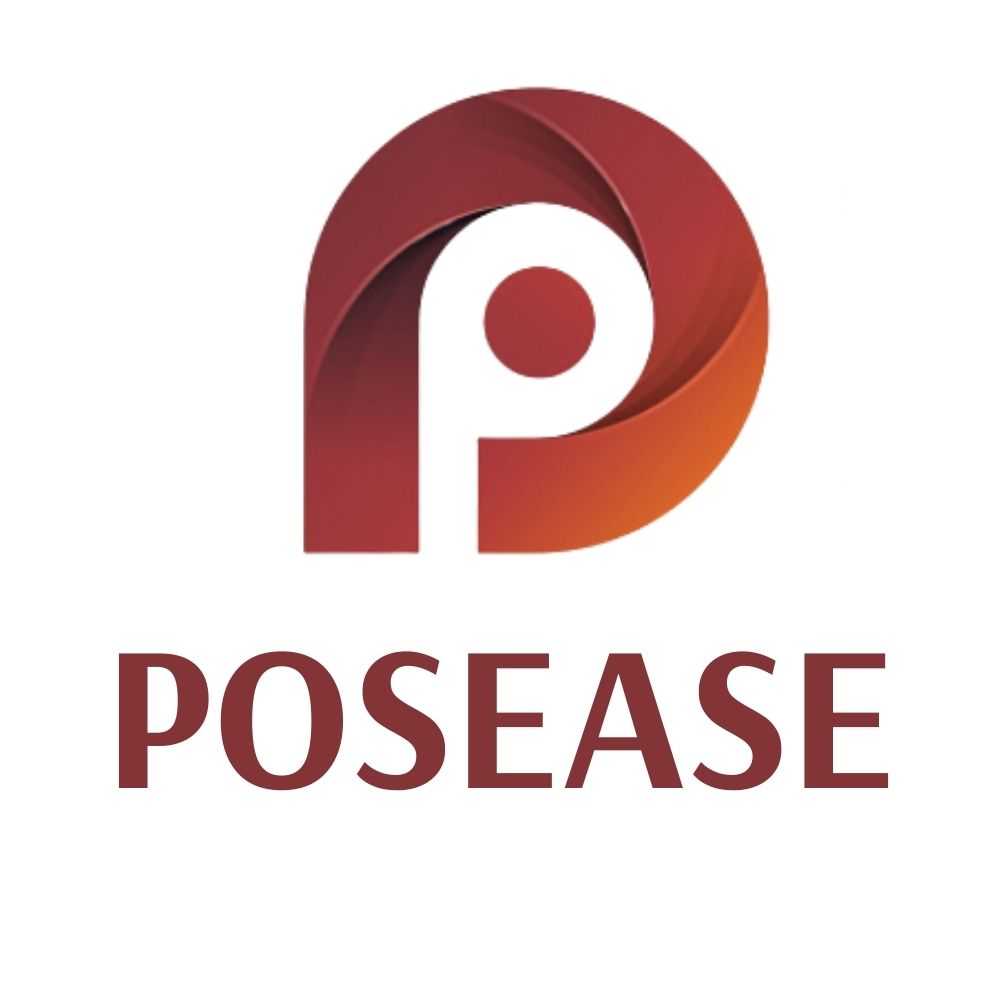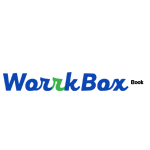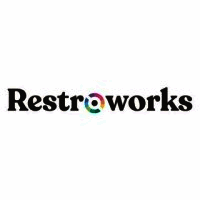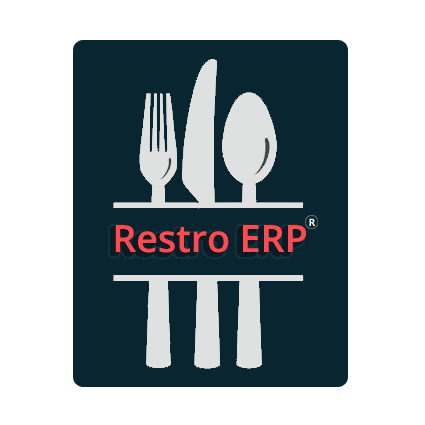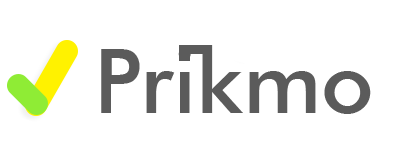What Is Restaurant Billing Software?
Restaurant billing software is an essential tool for any food and beverage establishment seeking to optimize operations and enhance the customer experience. In a word, restaurant billing software is a digital platform that enables restaurants to handle their billing processes, from menu creation and customization to payment processing and report generation.
At its core, restaurant billing software acts as a one-stop shop for all billing-related duties, reducing the need for manual computations and record-keeping. This software automates a variety of critical procedures, including calculating taxes, splitting invoices, and processing several payment methods, making it an efficient solution for busy eateries. Furthermore, restaurant billing software provides a variety of features and connectors tailored to the specific demands of the food and beverage business.
It may, for example, maintain inventory levels, manage table reservations, and even send automated reminders to clients about future reservations. Furthermore, many restaurant billing software packages include customer relationship management (CRM) technologies, which enable businesses to collect important customer data and generate targeted marketing campaigns.
This not only helps to maintain existing clients, but also draws new ones. Restaurant billing software accepts a variety of payment options, including cash, credit/debit cards, and mobile wallets, making it convenient for both the restaurant and its customers. It also creates extensive statistics on daily sales, inventory levels, and customer data, allowing owners to make informed decisions that increase their company's profitability.
Another significant advantage of restaurant billing software is its compatibility with other business tools such as accounting software, online ordering systems, and loyalty programs. This integration aids in the creation of a smooth flow of data, reducing the likelihood of errors and delays. In a word, restaurant billing software is a game changer in the food and beverage sector, providing a variety of tools and capabilities to improve the billing process and overall business operations. With its ease of use, time-saving advantages, and extensive capabilities, it is a must-have for any restaurant aiming to increase efficiency and revenues.
What Are The Recent Trends In Restaurant Billing Software?
Restaurant billing software has advanced greatly in recent years to meet the expanding demands of restaurants of all sizes. With technological improvements, the restaurant business has shifted toward digitization, creating a greater demand for effective and fast billing operations. As a result, the most recent advances in restaurant billing software are focused on automating activities, enhancing accuracy, and improving overall efficiency.
One of the most significant advances in restaurant billing software is the use of cloud-based services. Cloud-based software enables restaurants to centralize their data, making it available from any device with an internet connection. This functionality is especially valuable for multi-location restaurants because it eliminates the need for real servers at each location, which lowers hardware expenses and maintenance.
Another popular development in recent years has been the combination of self-ordering kiosks and restaurant invoicing software. These kiosks enable customers to place purchases easily, minimizing wait times and increasing the entire customer experience. The integration of these kiosks with billing software simplifies the payment process by eliminating the need for manual billing.
Restaurants now rely heavily on data analytics and reporting to better understand and enhance their operations. As a result, many restaurant billing software now includes comprehensive reporting functions that provide valuable information on sales, inventory, and client behavior. This data enables restaurants to make data-driven decisions that improve efficiency and profitability.
With the development of contactless payments, many restaurant billing software now supports mobile payments. These let users to pay their bills straight from their cellphones, avoiding the need for physical encounters and cash handling. Furthermore, some software includes interfaces with popular digital wallets and payment gateways, making it easy for clients to select their chosen payment option.
Finally, restaurant billing software is becoming more customizable and personalized. Restaurants can use consumer data and preferences to adapt their goods and experiences to individual customers, resulting in enhanced customer satisfaction and loyalty.
Benefits Of Using Restaurant Billing Software
Restaurant billing software is a useful tool that may help restaurant owners and managers streamline their operations.
Let's explore, we'll go over the many advantages of using restaurant billing software and why it's a must-have for any successful business.
1. Efficient And Precise Billing: The main advantage of adopting restaurant billing software is that it automates the billing process, making it faster and more precise. With capabilities like table mapping, split billing, and numerous payment alternatives, the program makes the billing process more efficient and error-free.
2. Inventory Management: The software also has a complete inventory tracking and management system, allowing restaurant operators to monitor stock levels in real time. This allows businesses to make more informed purchase decisions and eliminates the risk of running out of goods or overstocking.
3. Cost Savings: By automating various management operations, restaurant billing software reduces the need for human labor, resulting in lower labor expenses. It also eliminates human billing errors, guaranteeing that the restaurant does not lose money by overcharging or undercharging.
4. Modification And Personalization: Good restaurant billing software enables for the modification and personalization of orders and bills based on the business's needs. This not only improves the consumer experience, but also makes it easier for employees to manage orders and deliver better service.
5. Streamlined Operations: In addition to billing and inventory management, restaurant billing software provides services including employee administration, table reservations, and analytics. These tools help to streamline restaurant operations, resulting in better management and customer service.
6. Data-Driven Insights: Another key advantage of adopting restaurant billing software is the ability to create thorough reports and insights. These reports provide useful information on sales, customer behavior, and inventory, allowing you to make data-driven decisions and improve overall business success.
7. interface With Other Systems: Many restaurant billing software packages include interface with other systems like as accounting, inventory management, and POS, resulting in a comprehensive solution for managing restaurant operations. This reduces the need to transition between several platforms, saving both time and effort.
8. Improved Customer Service: When all of the benefits listed above are combined, restaurant billing software results in an overall improvement in customer service. Customers are happier and more likely to return as a consequence of efficient operations, correct billing, and individualized care.
Important Factors To Consider While Purchasing Restaurant Billing Software?
When it comes to running a successful restaurant, an effective and dependable billing system is essential. Here is when restaurant billing software comes in handy. With the evolution of technology, there are several options available on the market, making it difficult to select the best one for your organization.
To assist you make an informed selection, we've compiled a list of crucial aspects to consider when selecting restaurant billing software.
1. Ease Of Use: One of the first things to consider when choosing software is its usability. A decent restaurant billing software should have a simple interface that your employees can understand and use. It should also have a simple and user-friendly navigation system that allows your personnel to quickly handle orders and payments.
2. Compatibility: Make sure the software you choose is compatible with your current gear and software. It should work with your point-of-sale (POS) system, payment methods, and accounting software to streamline the invoicing process.
3. Customization: Because each business has distinct needs, choosing billing software that allows for customization is critical. It should allow you to create unique menus, upload your logo, and change the layout to reflect your brand's image.
4. Features And Functionality: Another important thing to evaluate is the software's features and capabilities. Check that it has the necessary functionality, such as menu management, split billing, table reservation, and inventory management. It should also include reporting tools to help you track sales, spending, and other key indicators.
5. Customer Support: As with any technology, there may be moments when you require support with your billing software. Check if the organization delivers good customer service via several channels such as phone, email, or live chat. They should also provide frequent upgrades and maintenance to ensure the program runs smoothly.
6. Security: With the increase in cyber threats, it is critical to evaluate the security measures provided by billing software. It should include data encryption, backup and recovery, and secure payment processing to protect the security of your clients' information.
7. Cost: The cost of the software is an essential consideration, particularly for small organizations. To ensure you get the most out of your money, strike a balance between price and features. Some software suppliers provide a free trial or demo, allowing you to evaluate the software before making a purchase decision.
When choosing restaurant billing software for your business, keep these important things in mind to make an informed purchase. It is also important that you study reviews, speak with other restaurant owners, and evaluate different possibilities before making a final decision. Investing in the correct billing software can help you streamline your restaurant's operations and provide a consistent billing experience for your customers.
What Are The Key Features To Look For In Restaurant Billing Software?
When it comes to running a profitable restaurant, efficient and precise billing is essential. That's where restaurant billing software comes in: a sophisticated solution created exclusively for the food and beverage business that streamlines billing processes and improves overall efficiency. However, with so many options available, it might be difficult to choose the best one for your organization.
To make an informed decision, here are the important things to look for in restaurant billing software:
1. Customizable Menu Management: A decent restaurant billing software should make it easy to manage your restaurant's menu, including adding, modifying, and deleting items. You should also be able to tailor menus based on meal times, special pricing, and promotions.
2. Table Management: Ensure that the program includes a table management tool that allows you to track occupied and vacant tables, assign orders to specific tables, and simply reorganize tables for larger groups or parties.
3. Online Ordering And Reservations: In today's digital world, restaurant billing software should have online ordering and reservation features. Customers will be able to place orders and reserve tables more easily, resulting in shorter wait times and higher satisfaction.
4. Split And Combine Bill: To simplify the billing process, the software should be able to split and combine bills, whether for groups, separate dishes, or numerous payment methods.
5. Inventory Management: Any restaurant must have an inventory management system. The billing software should allow for real-time inventory monitoring, ingredient tracking, and automatic inventory updates when orders are placed.
6. Reporting And Analytics: Useful reporting and analytics are essential for making sound company decisions. A good restaurant billing software should provide complete statistics on sales, inventory, customer data, and other metrics to help you spot patterns and areas for development.
7. Integration And Compatibility: Before selecting restaurant billing software, make sure it is compatible and easy to integrate with your current POS system, accounting software, and other business tools. This will save you time and streamline your processes.
8. User-Friendly Interface: No matter how advanced the capabilities, a complex and cumbersome interface can only lead to confusion and delays. Look for software with a simple and user-friendly interface that your employees can readily navigate.
Why Do Businesses Need Restaurant Billing Software?
Restaurant billing software is an essential tool for companies of all sizes in the food and beverage industry. In today's fast-paced world, manual billing processes are not only time-consuming but also prone to human error. Here's where restaurant billing software comes in. First and foremost, restaurant billing software automates the entire billing process, from order entry to bill generation.
This not only saves time but also minimizes the likelihood of errors, resulting in higher customer satisfaction. Furthermore, restaurant billing software provides a variety of features tailored to the special requirements of food enterprises. These capabilities include menu customization, table management, ingredient tracking, and inventory management.
Businesses may use these technologies to manage their menus, track their tables, and properly monitor their inventories, resulting in more efficient operations and less waste. Furthermore, restaurant billing software allows businesses to simply input and apply discounts, special offers, and promotions, making it easier to attract and keep customers.
It also simplifies payment processes by allowing a variety of payment methods, including cash, credit/debit cards, and digital wallets, giving clients ease and flexibility. In addition to these advantages, restaurant billing software has data and analytics tools that provide information about sales, client preferences, and personnel performance.
This enables firms to make data-driven decisions, streamline processes, and increase overall profitability. Overall, restaurant billing software is a must-have for any food and beverage establishment. It not only streamlines and automates billing procedures, but it also includes a variety of features to boost efficiency, lower costs, and increase income. So, if you want to stay ahead of the competition and keep your clients happy, restaurant billing software is essential for your business.
How Much Time Is Required To Implement Restaurant Billing Software?
The implementation of restaurant billing software typically differs according to the restaurant's individual demands and requirements. However, properly implementing and integrating the software into a restaurant's operations might take anywhere between two weeks to a few months. The time required for implementation might also vary depending on the restaurant's complexity and size, the number of locations, the level of customization necessary, and the features and capabilities of the chosen software.
Data migration from old systems, personnel training, and software interaction with other systems such as accounting or inventory management are all important considerations when determining implementation timelines. Before selecting and installing billing software, restaurants should conduct extensive research to better understand their individual requirements. This will help to guarantee that the implementation process runs smoothly and efficiently.
Furthermore, it is essential that you collaborate closely with the software vendor and adhere to their implementation plan and timeframe to guarantee a successful and timely installation. Overall, while the time required to implement restaurant billing software varies, devoting the necessary time and effort to a well-planned implementation will result in increased efficiency, accuracy, and productivity in restaurant operations.
What Is The Level Of Customization Available In Restaurant Billing Software?
Restaurant billing software is primarily developed to streamline the billing process for restaurants by automating operations such as bill creation, order management, and payment tracking. One of the most important considerations when selecting restaurant billing software is the level of flexibility provided. Different restaurants have different demands and tastes, so it's critical to locate software that can be customized to meet your individual needs.
The level of customization possible in restaurant billing software varies significantly depending on the provider. Some software may only allow minimal adjustments, such as adding your restaurant's logo and changing the color palette. However, there are software choices that provide a variety of customizable capabilities that can be adjusted to your specific business requirements.
One area of customization to consider is the possibility to personalize your menu. This allows you to add, remove, and edit menu items at any moment. This is especially handy for businesses that constantly update their menus or offer seasonal options. Furthermore, certain software may allow you to categorize your menu items, making it quicker to navigate and find specific items.
Another essential factor is the flexibility to customize taxes and discounts within the software. Each restaurant may charge different taxes or provide varied discounts to their consumers. A decent restaurant billing software should allow you to simply modify these parameters based on your individual needs. Customization is also important when it comes to payment alternatives.
Some applications may have restricted payment options, but others may allow you to interact with a variety of payment methods, including credit cards, digital wallets, and even gift cards. This might be especially useful for restaurants that want to provide a range of payment options to their customers. Aside from these features, a higher level of customisation includes the option to generate bespoke reports and statistics.
This enables restaurant operators to track and analyze sales, inventory, and other vital variables to make more educated business decisions. The option to tailor these reports to your individual needs and tastes can be highly beneficial in improving your restaurant's performance.
Which Industries Can Benefit The Most From Restaurant Billing Software?
Restaurant billing software may help a variety of businesses, from tiny independent eateries to major chain restaurants. Any business that serves and manages food and beverages can profit from using restaurant billing software. This includes restaurants, cafes, bars, food trucks, catering firms, and even hotels that offer on-site dining.
The following industries and enterprises can considerably benefit from employing restaurant billing software:
1. Restaurants And Cafes: Restaurants and cafes are the most obvious users of restaurant billing software. Restaurant billing software optimizes the billing process by quickly tracking all orders and sales, generating invoices and receipts, and managing inventory and pricing. This enables for faster and more precise transactions, resulting in more customer satisfaction and income.
2. Bars And Pubs: Having a restaurant billing software system in place may be quite beneficial for bars and pubs. Billing software designed for the hospitality industry, which includes features like table and tab management, split billing, and happy hour pricing, can assist bar and pub owners in managing their businesses more efficiently and effectively.
3. Food Trucks: The food truck industry has expanded significantly in recent years, and many operators are now using restaurant billing software to manage their businesses. Restaurant billing software is a game changer for food truck operations, as it allows them to conduct transactions on the move, track sales and inventory, and even schedule and manage employee shifts.
4. Catering Firms: Catering firms frequently handle huge amounts of orders and require fast invoicing procedures. Restaurant billing software can assist catering companies in tracking orders, generating invoices, and managing payments, all while presenting clients with an easy-to-use interface for placing orders and making payments.
5. Hotels With On-Site Dining: Using restaurant billing software can provide considerable benefits to hotels that offer on-site dining. The program can be integrated with the hotel's billing system, allowing for more frictionless transactions and simplified handling of visitor charges. It can also provide real-time inventory information, allowing the hotel's culinary staff to make more educated menu recommendations.
Conclusion
Finally, investing in restaurant billing software can help your business improve productivity, save money, and increase customer happiness. With so many options available on the market, it is critical to thoroughly analyze your individual demands and select software that meets your budget and expectations. Before making a decision, conduct extensive research and compare several software options, taking into account issues such as pricing, functionality, usability, and customer service.
You should also look at whether the program connects with other systems and has comprehensive reporting and analytics capabilities. To guarantee a seamless adoption and use of the software, it is essential that you involve your employees in decision-making and give them with adequate training and assistance. Regularly assessing and updating your software can also help you stay up to date on market trends and technological breakthroughs.
Finally, selecting the correct restaurant billing software can assist streamline your billing procedures, enhance accuracy and efficiency, and ultimately contribute to the success and growth of your company. So, consider your alternatives carefully and make an informed selection that will benefit your restaurant in the long run.

